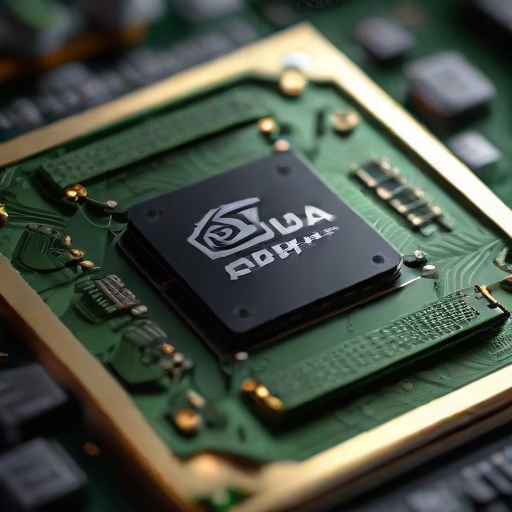As the United States deliberates on increasing trade restrictions to prevent advanced chip technologies from reaching China, Nvidia, the prominent U.S.-based semiconductor manufacturer, is reportedly developing a version of its new artificial intelligence chips tailored to navigate these regulatory landscapes.
According to reliable sources cited by Reuters, Nvidia is collaborating with a local distributor, Inspur, to create and introduce a chip tentatively named the “B20” in the Chinese market. The anticipated launch is projected for the second quarter of 2025, although Nvidia has not officially commented on this development.
In addition to the B20, Nvidia already has three chips designed to comply with current U.S. export controls. Notably, the H20 chip has seen a price reduction due to slow sales, primarily in competition with Huawei’s homegrown chips. However, there’s a positive turnaround, as sales of the H20 are now reportedly on the rise. Expectations suggest that Nvidia will sell over a million H20 chips in China this year, projecting a revenue of approximately $12 billion, despite the existing trade restrictions. This expected figure nearly doubles Huawei’s projected sales of its Ascend 910B chip.
Nevertheless, the future of Nvidia’s H20 chips remains uncertain. Jefferies analysts have indicated that further U.S. trade regulations could jeopardize their sales to China, especially during the upcoming annual review of semiconductor export controls. Potential pathways for new restrictions could include a specific ban on the H20 or adjustments to computing power and memory capacity limits.
There’s also speculation that the U.S. might broaden its export controls to additional countries in the region, such as Malaysia, Indonesia, and Thailand, or may include overseas Chinese firms in these regulations. This complexity underlines the dynamic nature of international trade and technology.
Summary: Nvidia is adapting to U.S. trade restrictions by developing chips for the Chinese market while also navigating its existing H20 chip sales. Despite challenges, the company is projected to achieve significant sales in China. However, impending U.S. regulations could threaten these prospects, reflecting the ongoing tension in international tech trade.
In a hopeful perspective, Nvidia’s proactive approach to compliance and adaptation serves as a model for other tech companies facing similar regulatory challenges, demonstrating resilience and innovation in an ever-evolving landscape.
